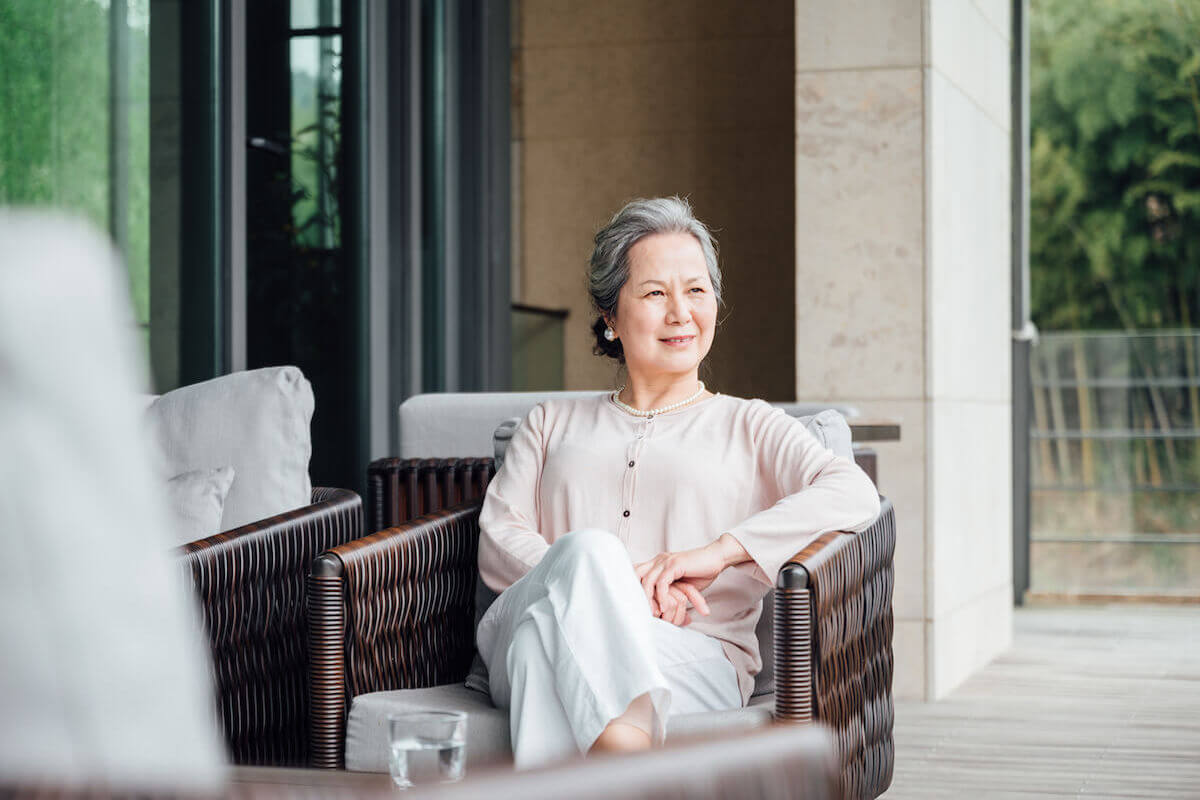Lifelong Learning: Continuing Education into Your Retirement
Posted By HarborChase on October 1, 2020We’ve all seen the inspiring headlines: “A WWII Veteran Finally Gets His Diploma at 95”, “82-Year-Old Woman to Graduate With Nursing Degree”, “Older Americans Are Learning to Code and They’re Getting Good.”
The individuals in these uplifting, feel-good articles inspire others with their drive and accomplishments. Believe it or not, though, these stories are not uncommon—today, more adults than ever are seeking to continue their education after retirement. Whether it’s to complete an abandoned degree, or simply to be immersed in the joy of learning, going back to school and other forms of continuing education are becoming increasingly popular for older adults.
HarborChase Senior Living, with retirement communities throughout the United States, celebrates senior living! We’re sharing some of the reasons people are continuing education after retirement, and what to consider if you’re interested in doing the same.
Why Individuals Are Continuing Education
Over time, the American workforce, family dynamics, and more have evolved, and older adults have been redefining retirement in many ways, including going back to school. Here are some reasons why adults 55 and older are interested in continuing their education.
Finish Your Goals
There are countless stories from older adults who chose to forgo or discontinue an education. Many of them proudly served their country in the military, raised a family, or began a life-long career at a young age. However, after retirement, these adults have seen successful careers and fully-grown families and are given the perfect opportunity to complete their degree.
Some universities are even making this easier for these students by accepting life experiences and workplace competency for credits.
Control What You Learn
One of the benefits of continuing education after retirement is that you get to control what you learn. If you’re not a numbers person, you’re not required to take calculus or trigonometry. You are free to take anything that you’re interested in – from women’s studies to film production. Focus on what you want to learn!
Continuing education doesn’t always have to mean going back to college, either. There are plenty of classes and programs available through community centers and organizations that offer instruction on a variety of subjects. Take a cooking class, learn a new language, or even learn to code.
Improve Cognitive Abilities
Continuing education long after retirement can also do wonders for your cognitive abilities. By placing yourself in a mentally-stimulating environment and learning new and varying subjects, you can stay mentally sharp. Dana Anspach, CEO and founder of Sensible Money in Scottsdale, Arizona, says.
“Retirees who engage in life-long learning keep their brains engaged by challenging themselves to learn new skills. It’s important to find things you’re curious about and dive in. And in retirement, you have the time to do it (U.S. Money News).”
Socialization Opportunities
Taking classes after retirement can also be a great way to meet new people, especially those who share similar interests. Surrounding yourself with like-minded people (even if they’re younger) can reduce feelings of loneliness that often occur after retirement. You can also extend these relationships to outside the classroom, and form longer-lasting friendships.
Discounted (or Free) Tuition
Most universities are willing to help pave a path of success by offering discounted tuition rates for retirees. Some programs are even free, depending on the state. Even if your desired program doesn’t offer a discounted tuition, there are several scholarship and grant options available for older adults wishing to enroll in classes.
Things To Consider Before Continuing Education
There are countless benefits to going back to school after retirement, but there are also certain things to consider before making any commitments.
Technological Barriers
In today’s classrooms, almost all of the work is done digitally. While this makes learning more efficient, if you are not confident with the technology used, it could make the experience more frustrating than enjoyable.
Before starting any course, it might be beneficial to discuss with the instructor about the types of devices and platforms that may be used to ensure that you are comfortable.
Get Out of Your Comfort Zone
Deciding to go back to school or take a course at your local community center can be exciting. However, it can also be intimidating, especially if you have been out of the learning space for some time. Going in with a mindset of confidence and assurance can help ensure you get the most out of the experience.
Consider Online Classes
Online classes can be offered through universities or platforms like Masterclass, giving lectures and tutorials on a wide range of topics. Online courses can be the best of both worlds when it comes to education after retirement.
The New Normal
Continuing education after retirement is becoming more popular, and it’s easy to see why. From accomplishing life-long dreams to engaging your brain by learning something new, there are endless benefits of continued education. If you’re interested in going back to school or meeting new people, we encourage you to take the plunge!
Our HarborChase Senior Living blog is a resource for all things senior health, active lifestyles, and senior living. Visit our website today, and learn something new!
Categories: Social Wellness, Technology


